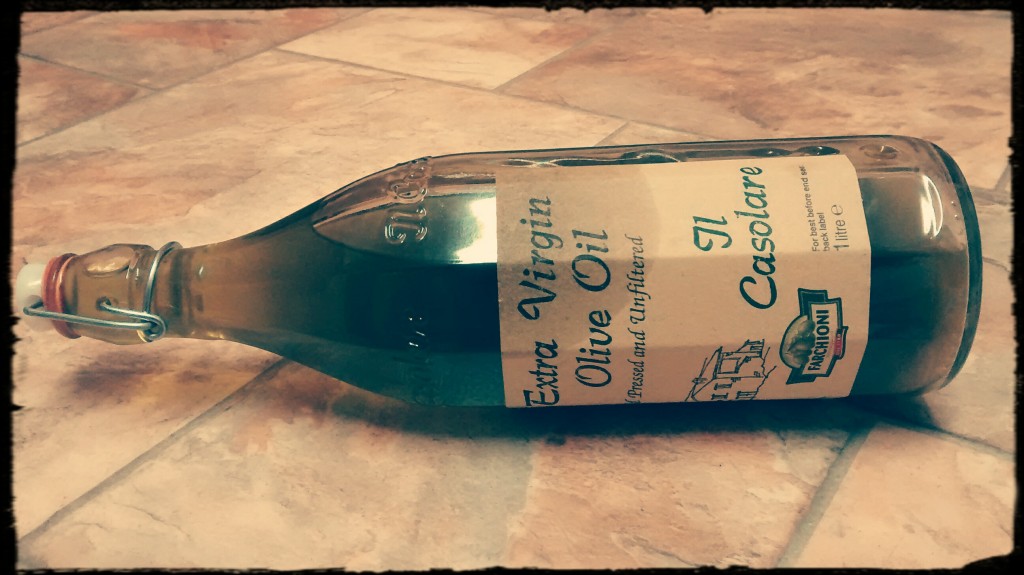The ‘eat-too-much, do-too-little’ theory of obesity claims that weight gain is a simple case of a positive energy balance. Too much food and too little exercise is said to cause a small but constant accumulation of stored energy that over time leads to weight gain and obesity. However, it is known from overfeeding studies that high energy intakes do not cause body fat accumulation in some individuals. In fact, some gain lean mass without fat accumulation when overfed. Therefore the fate of ingested energy is not fixed to that of triglyceride storage in adipose tissue, as excess energy can also be stored as lean tissue. In addition, the excess calories ingested by some can be dissipated as heat. This thermogenic response to food is known to be under hypothalamic control, and can account for any excess calories consumed during the course of normal daily fluctuations in energy intake. However, the thermogenic response to food is known to be blunted in obese individuals, and this may relate to a reduction in the normal production of adrenaline following a meal. In particular, the thermogenic response to fat may be significantly reduced in obese individuals, signifying a metabolic dysfunction.
The thermogenic response to fat, protein, carbohydrate and a mixed meal were tested in eleven lean and eleven obese subjects1. The thermic effect of food was then calculated using indirect calorimetry and changes to the resting metabolic rate calculated from 30 to 120 minutes postprandially. The thermogenic response to protein and carbohydrates was not significantly different between obese and lean subjects. However, obese subjects had a significantly lower thermogenic response to fat compared to lean individuals. In fact, the metabolic rate did not increase for obese subjects following ingestion of fat, but did increase 14.4 % for the lean individuals. The thermic effect of the mixed meal was also significantly lower for the mixed meal (+12.9 %) compared to the lean individuals (+25 %), suggesting that fat was the component that caused the blunted thermogenic response. When the authors checked the gastric emptying rates to see if this could have caused the effect they found no difference between lean and obese subjects.
Therefore the thermogenic response to fat may be blunted in obese individuals. Other studies have shown similar effects, but there is inconsistency within the literature. This may relate to the amount of energy required to see an effect. For example some studies have found no effect with 300 kcal per meal, whereas other studies have seen an effect at 400 to 500 kcal. Alternatively, the status of the obese subjects may determine the response seen. For example, a previous period of ‘dieting’ may be required for the blunted thermogenic response to manifest. This is because forced calorie restriction causes a compensatory decrease in the thermic effect of food in an effort to increase energy efficiency (here). Obese individuals have higher metabolic rates that lean individuals as long as they do not undergo forced calorie restriction. Once a period of dieting has been undertaken, compensatory downregulation of energy expenditure, including the thermic effect of food, are evident and this may explain the inconsistent studies.
RdB

